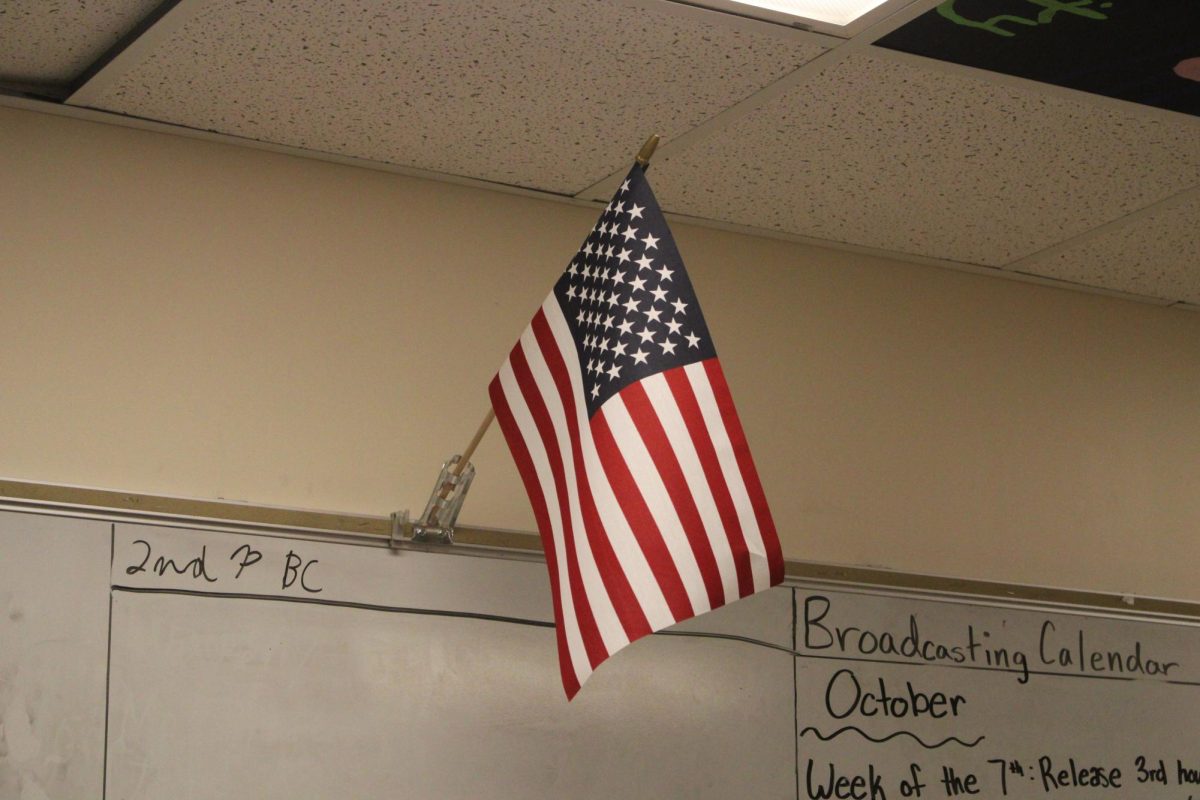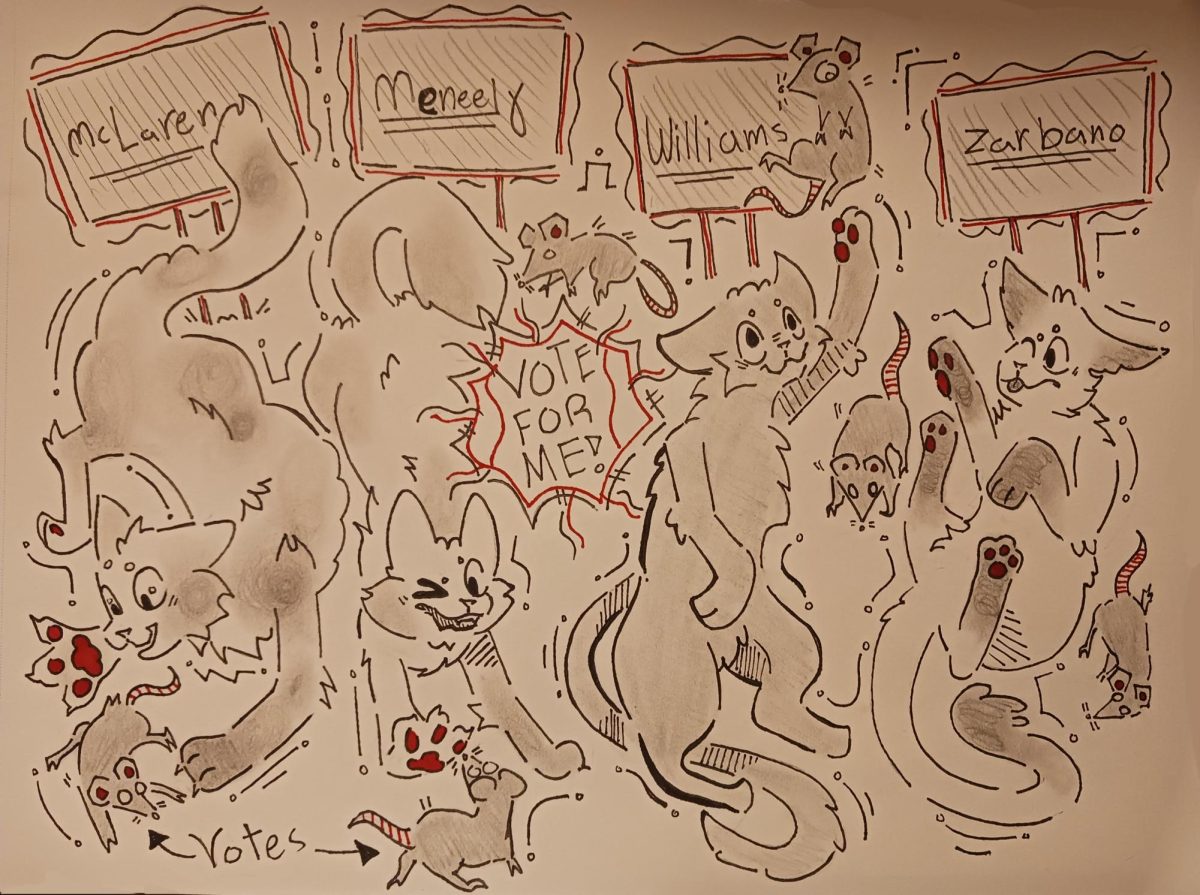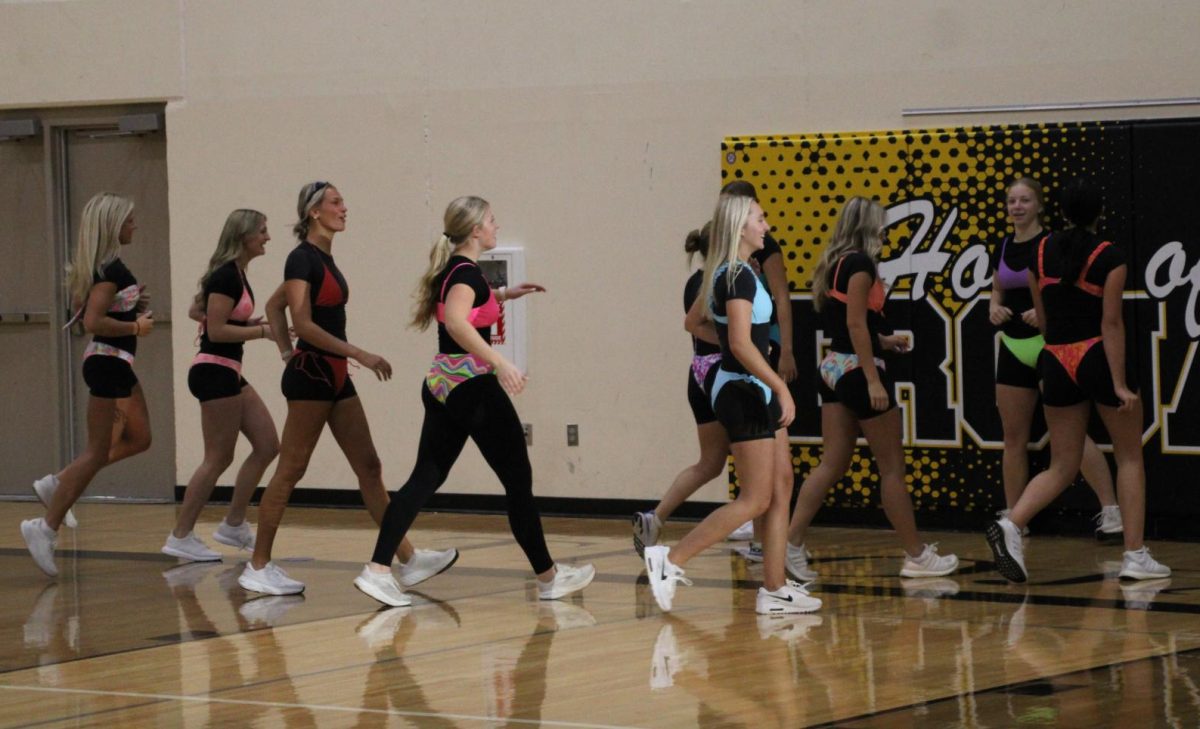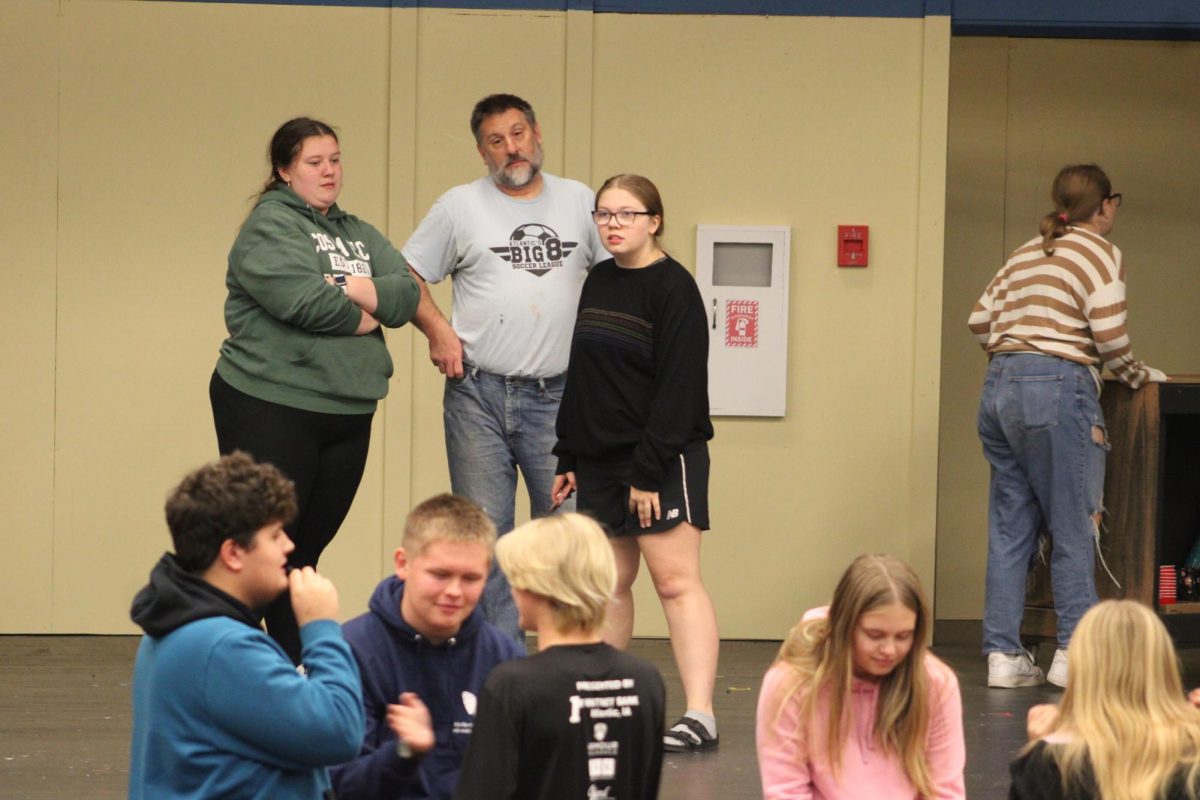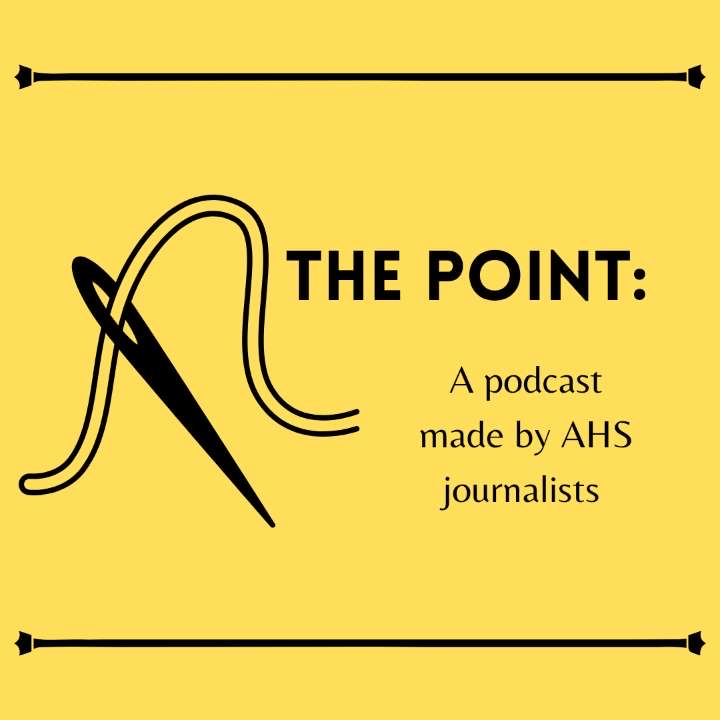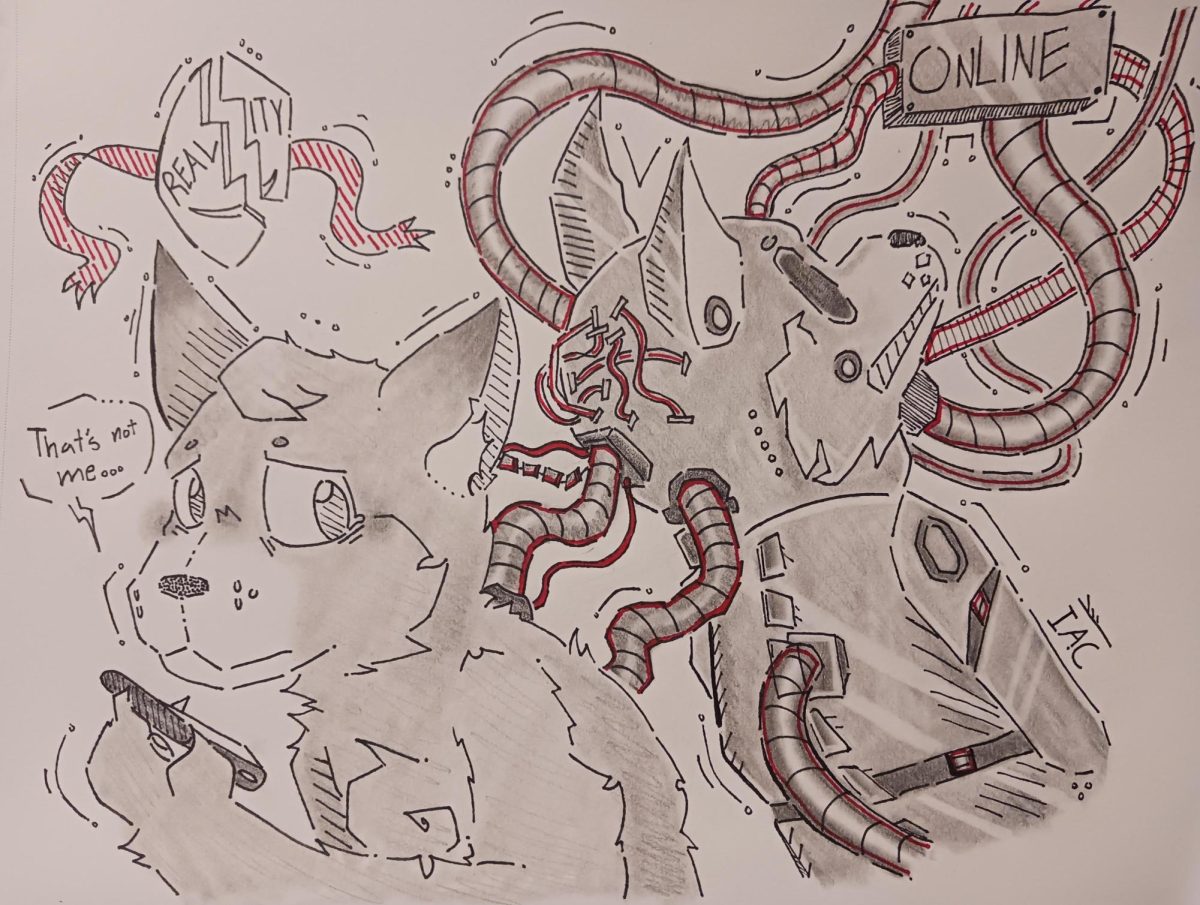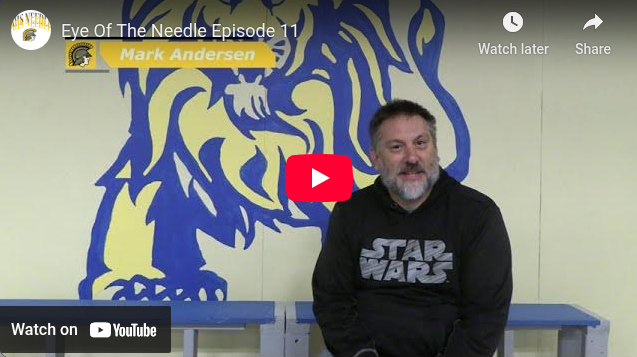“Banning books gives us silence when we need speech. It closes our ears when we need to listen. It makes us blind when we need sight,” said the author of The Perks of Being a Wallflower, Stephen Chobsky. Banned Books Week is Oct. 1-7, and has existed since 1982, when a surge of banning books occurred in schools, libraries, and communities.
Freshman Jaylynn Rosenbaum read one of the banned books, The Hate You Give, and said, “The banning of books shelters us from important topics that should be talked about such as drug abuse, sexual assault, and other sensitive subjects.” Such themes were sheltered in the book, such as “police brutality and racism” according to Rosenbaum. “The banning of books has a negative impact on me and my peers,” she said.
The American Library Association (ALA) recognizes this week and the books that have been banned from schools “in order to inform the public about censorship efforts that affect libraries and schools.” The ALA official site also states: “The ALA condemns censorship and works to ensure free access to information.” This portrays the true meaning behind banning books: censorship. According to NPR, there has been a 20% increase in book banning during the first eight months of 2023, compared to the same period in 2022. In the NPR story, Deborah Caldwell-Stone, director of ALA’s Office for Intellectual Freedom said, “These attacks on our freedom to read should trouble every person who values liberty and our constitutional rights.”
The Banned Books Week website displays many effects banned books have on people and communities. It has a variety of articles exploring the topic, such as an article titled, LET FREEDOM READ During Banned Books Week 2023! This discusses the ALA-announced theme for Banned Books Week this year. In 2023, the theme is “Let Freedom Read!” which was chosen because it “captures what’s at stake for our democracy: that the safety of our right to speak and think freely is directly in proportion to our right to read.”
AHS Senior Genevieve McCalla reflected on the influx of banned books. McCalla said, “I don’t think that books should be banned, period. I think that every book has a lesson to be learned and banning that is the very opposite of what our country should stand for in terms of freedom.” McCalla grew up learning lessons from books and “picturing a world where kids can grow up not learning those same lessons scares me.”
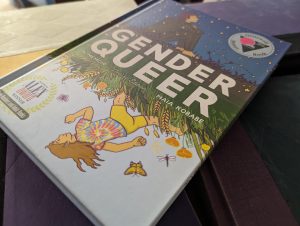
This week impacts AHS in many ways, and articles from the American Civil Liberties Union and PEN America give different lists of banned and challenged books, in both Iowa and the US as a whole. These lists include books such as The Hate You Give by Angie Thomas, Gender Queer: A Memoir by Mia Kobabe, and even The Perks of Being a Wallflower by before-mentioned author Stephen Chobsky. These books explore themes such as racism, identity, and tolerance, yet were all banned because of “explicit information” represented in the stories.
Banned Books Week has had a significant impact on students this year. Specifically with the possible implementation of Senate File 496. If passed, this will require certain books to be removed from school libraries if they contain information deemed inappropriate. This would put further pressure on school systems to abide by this ban and remove more books from their shelves.
*This story has been edited for clarity.
For additional information, consider reading this previous story.







